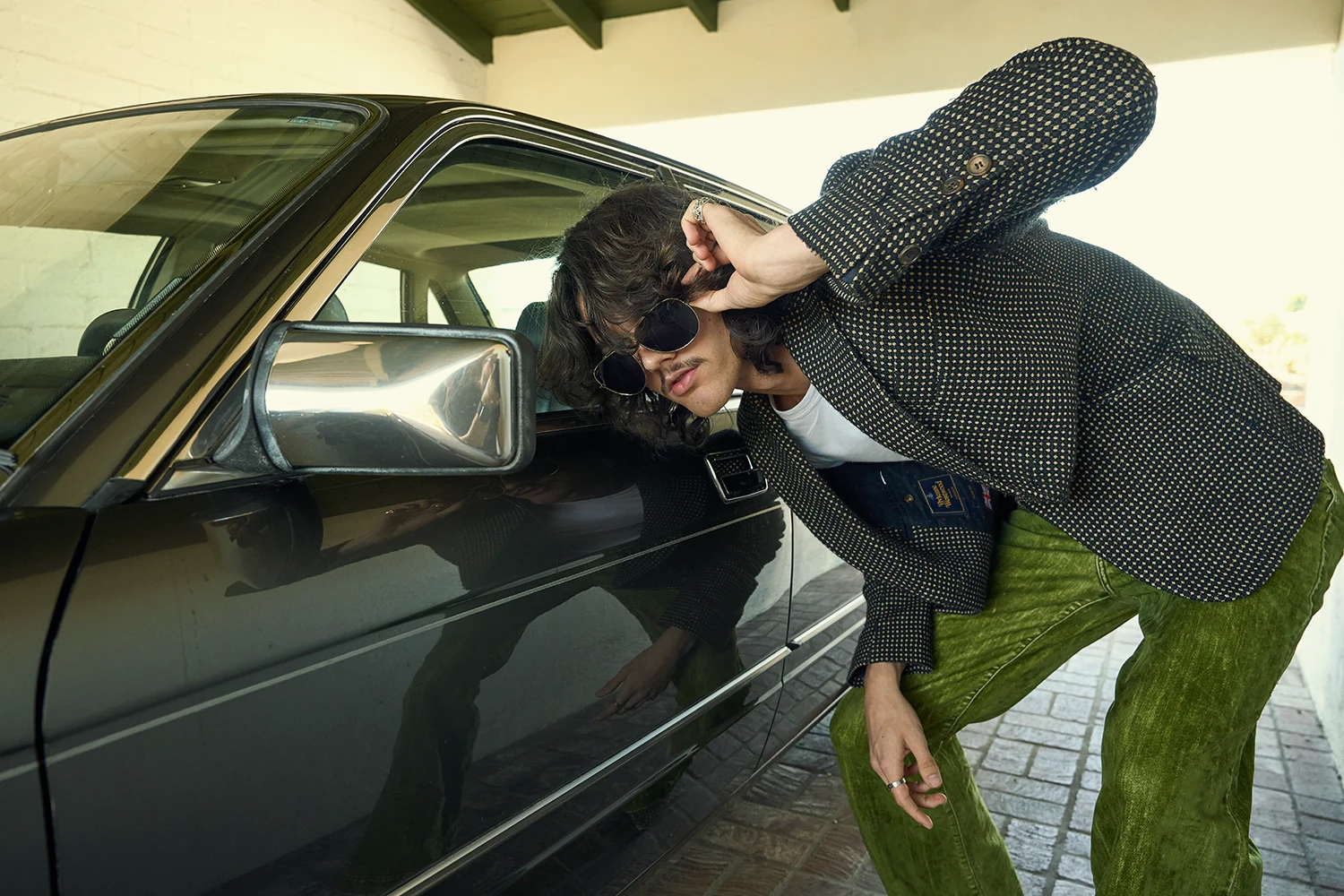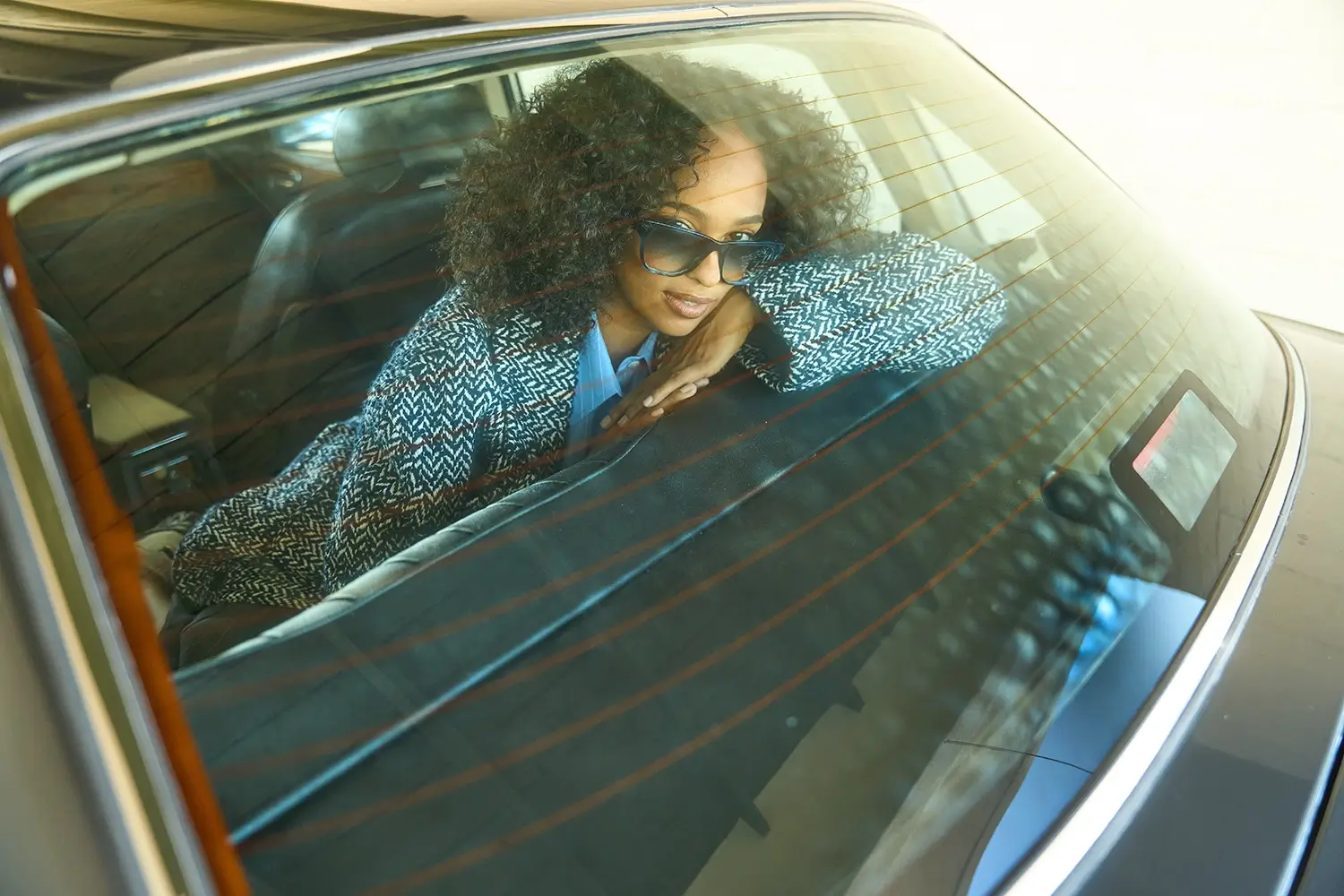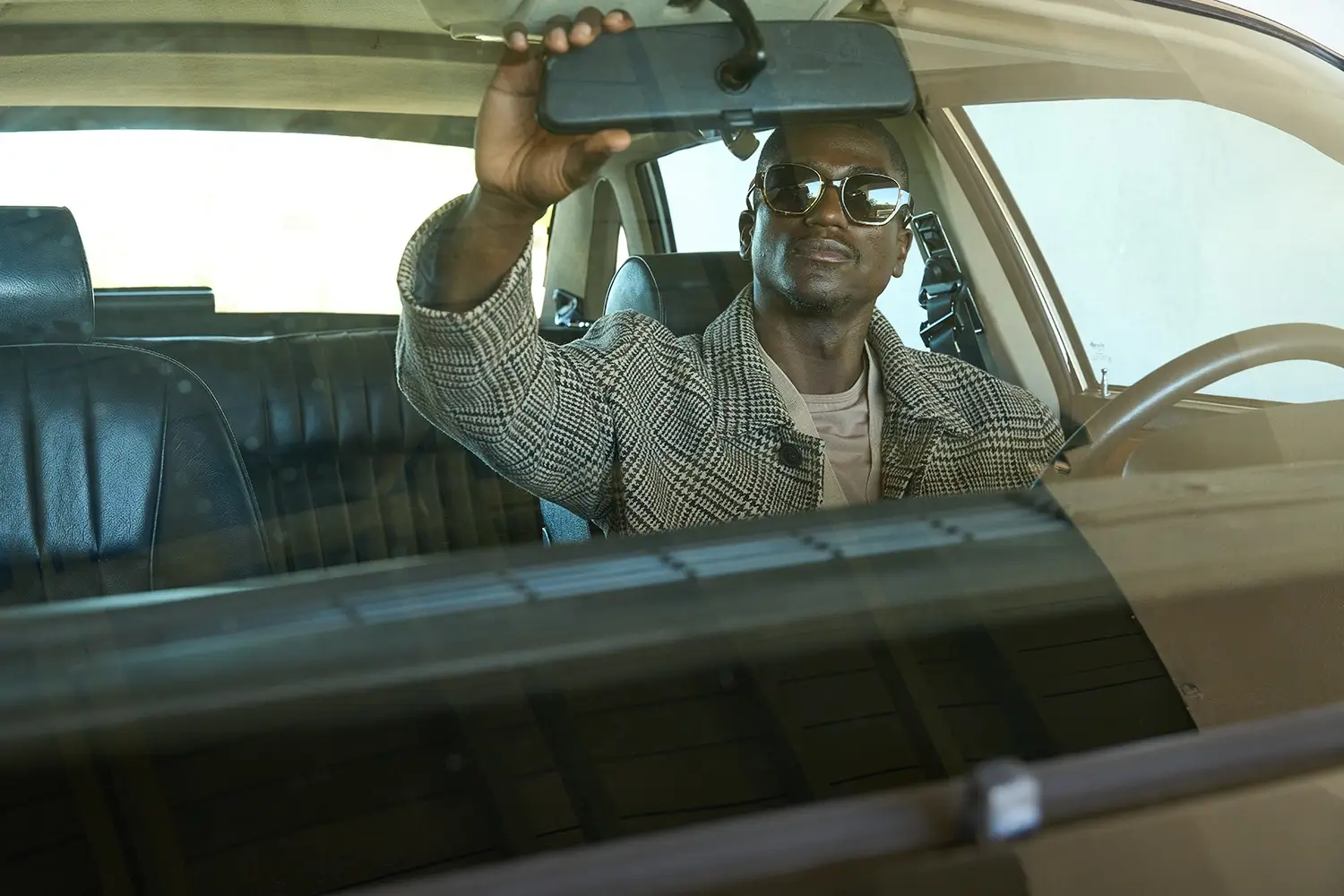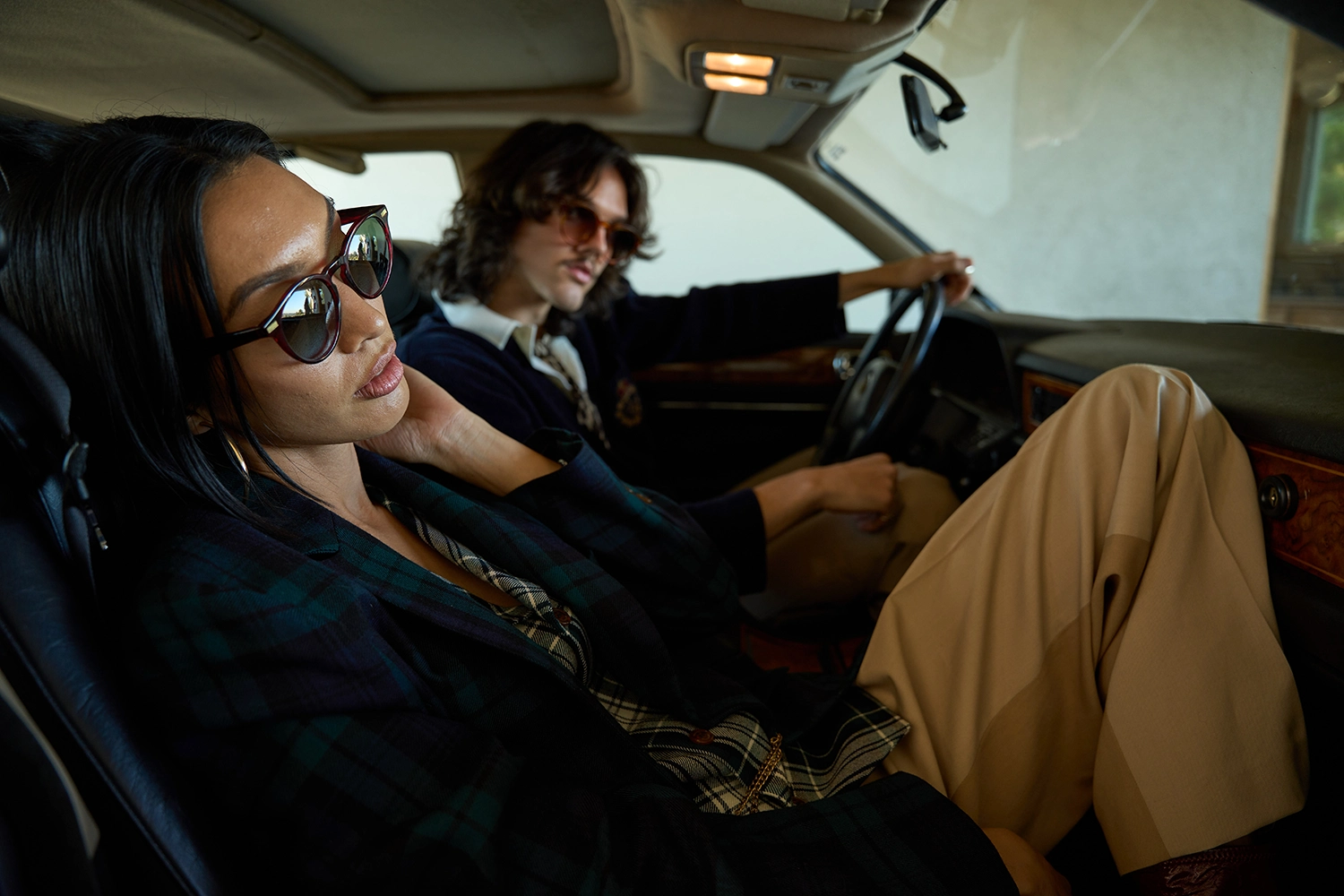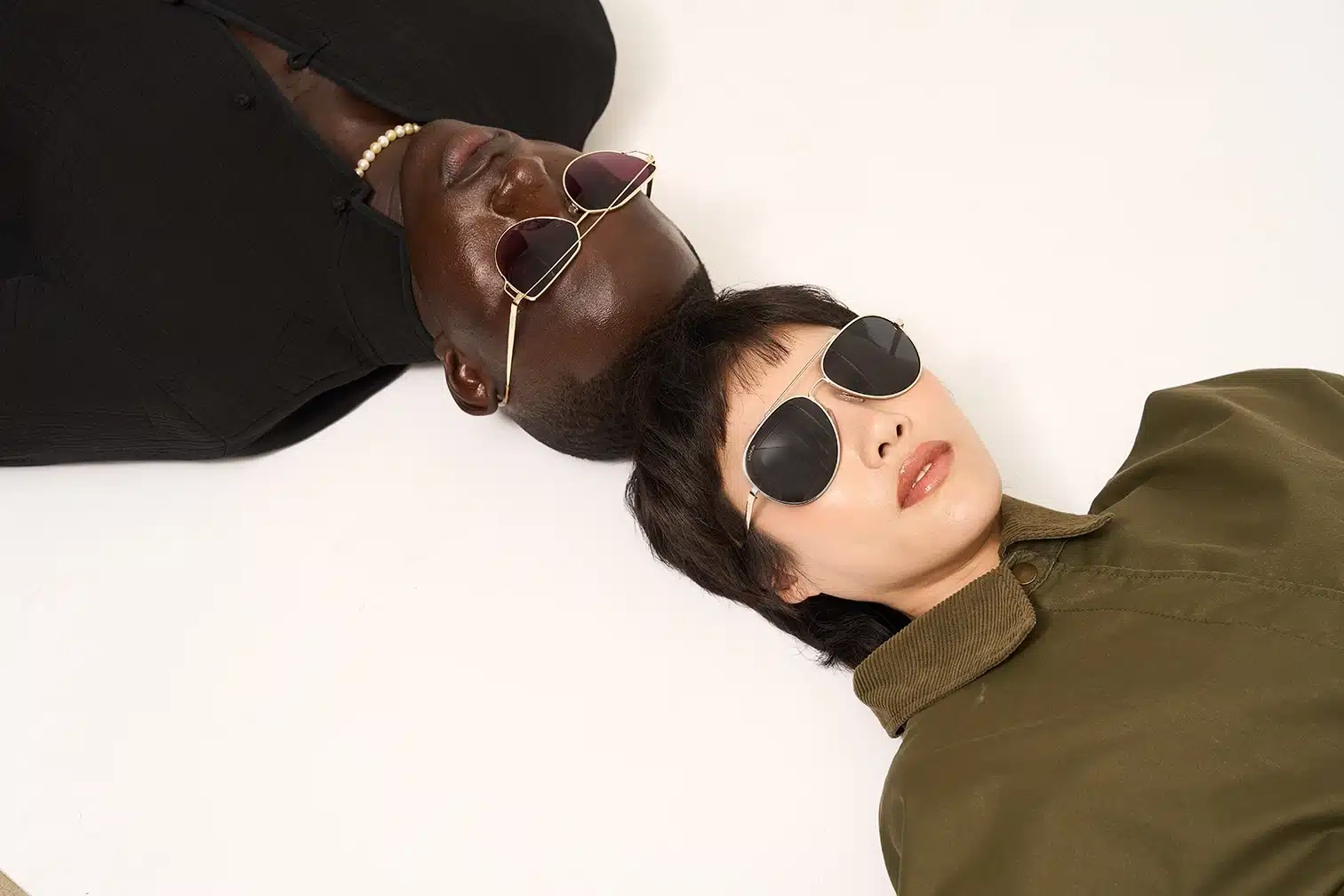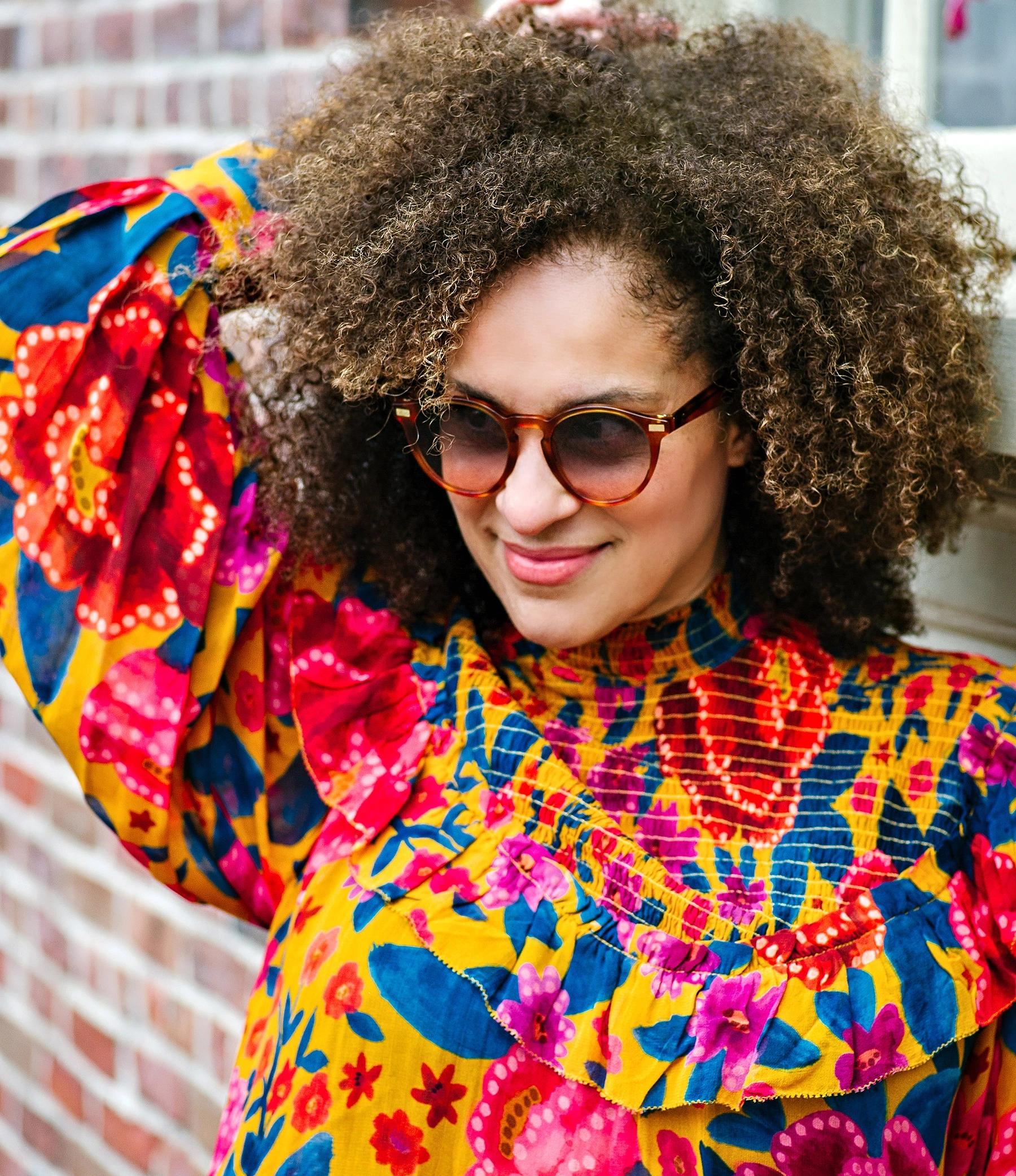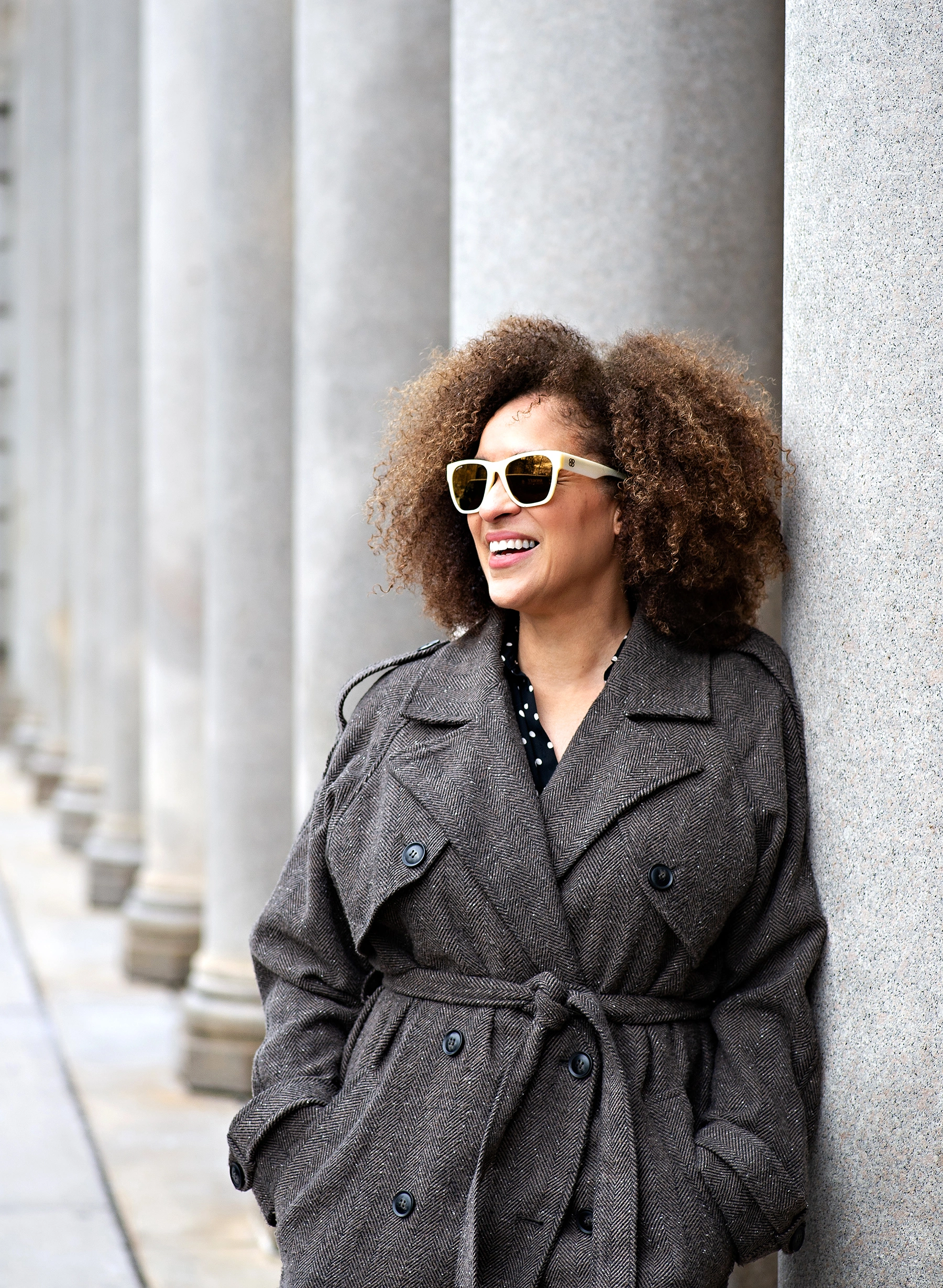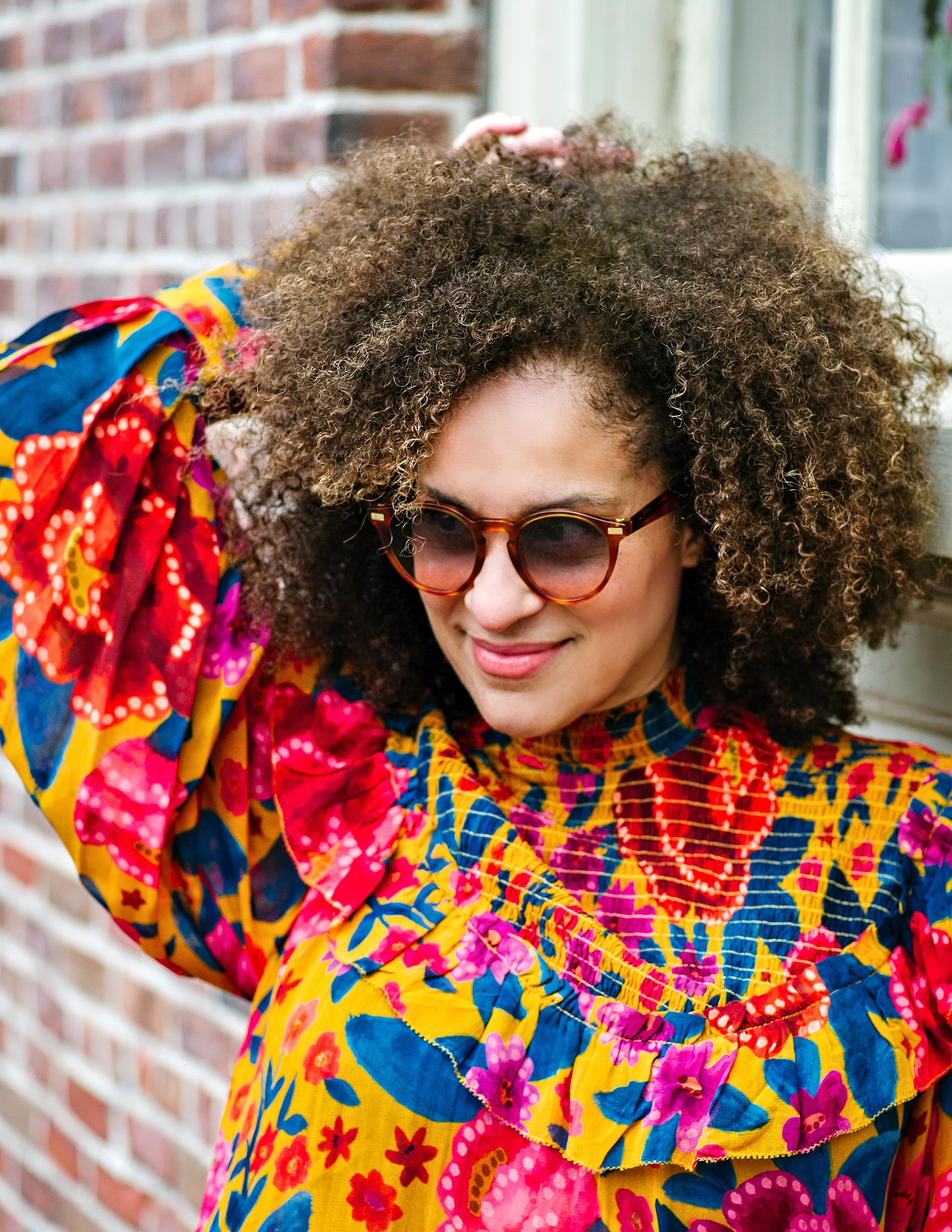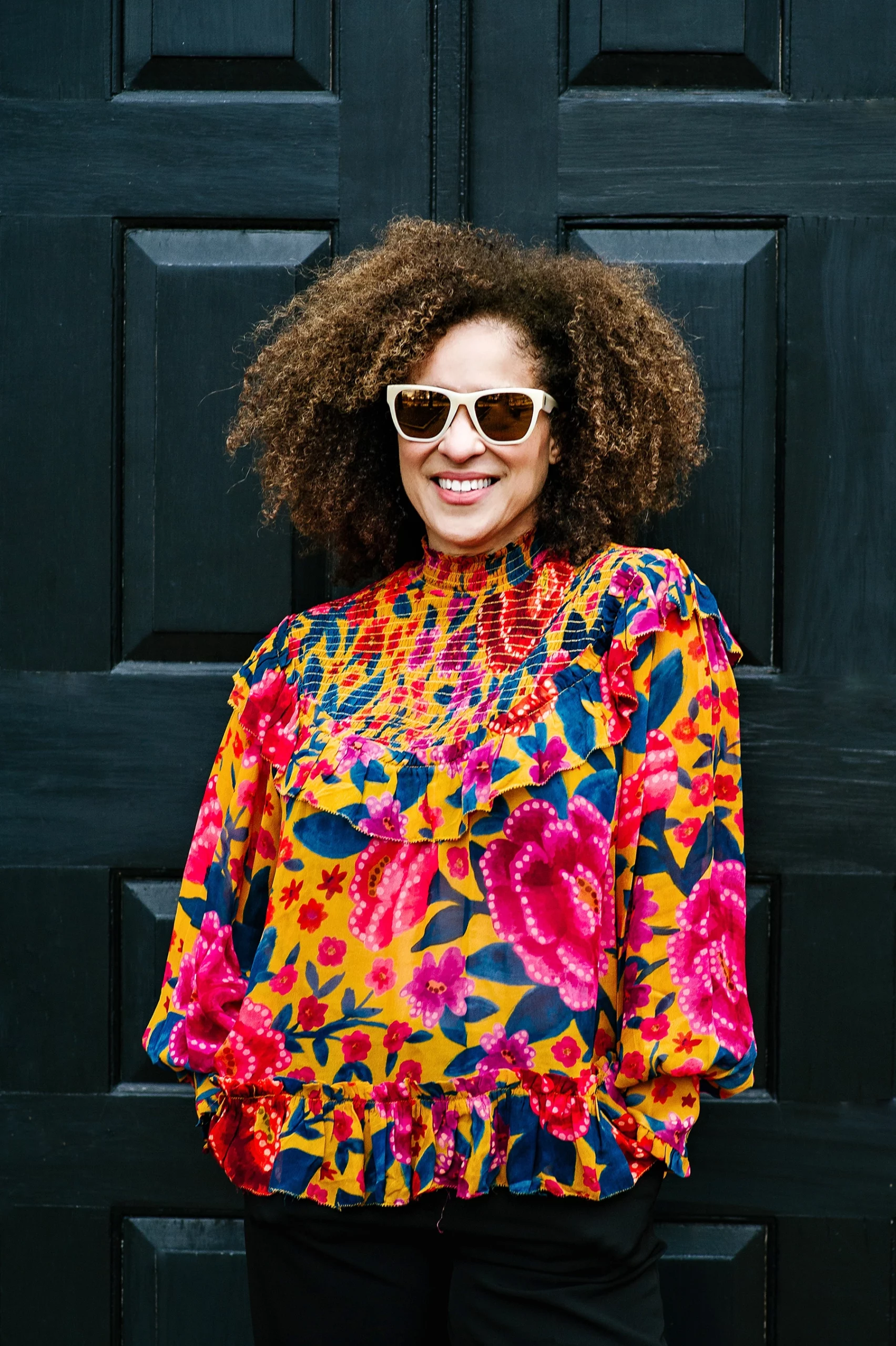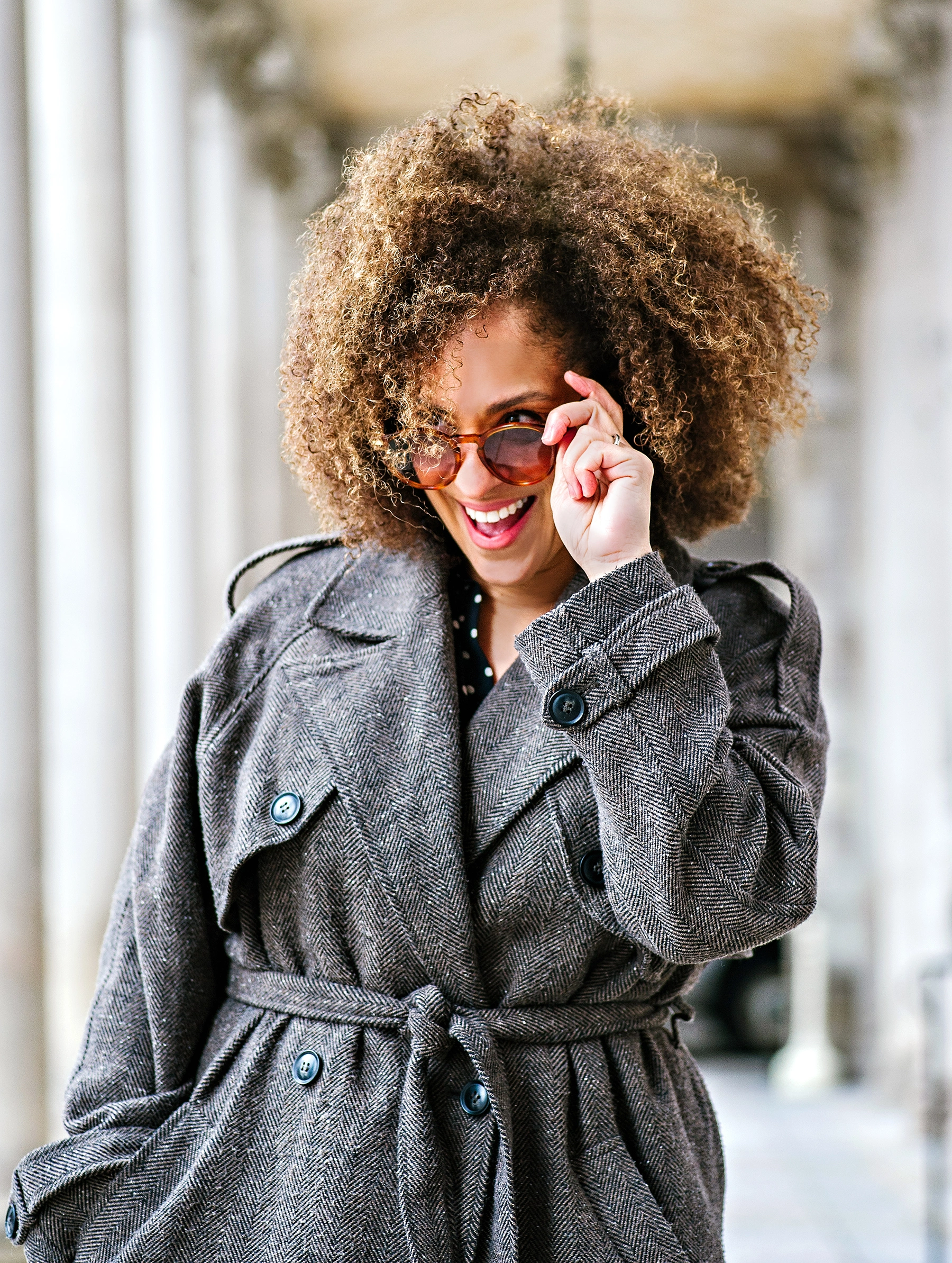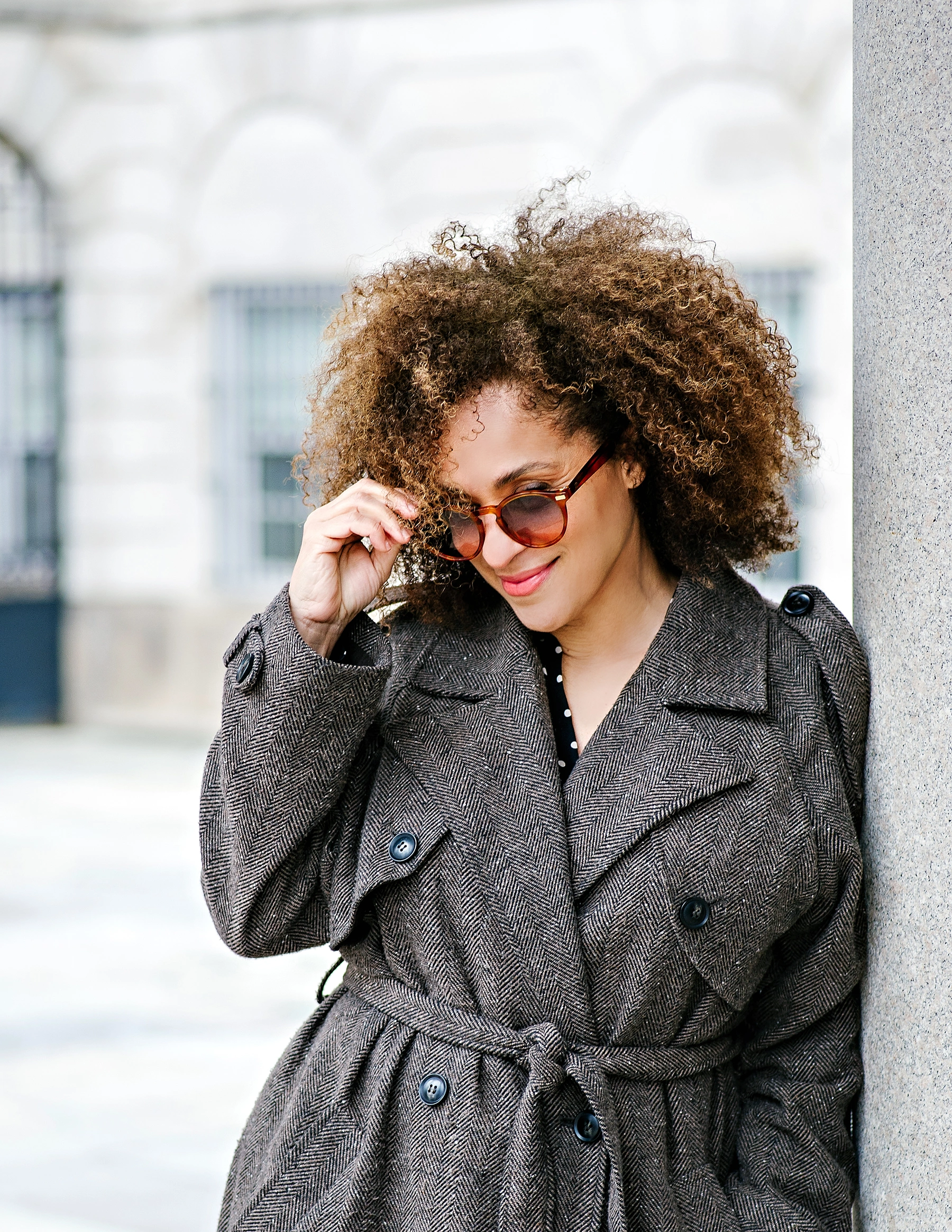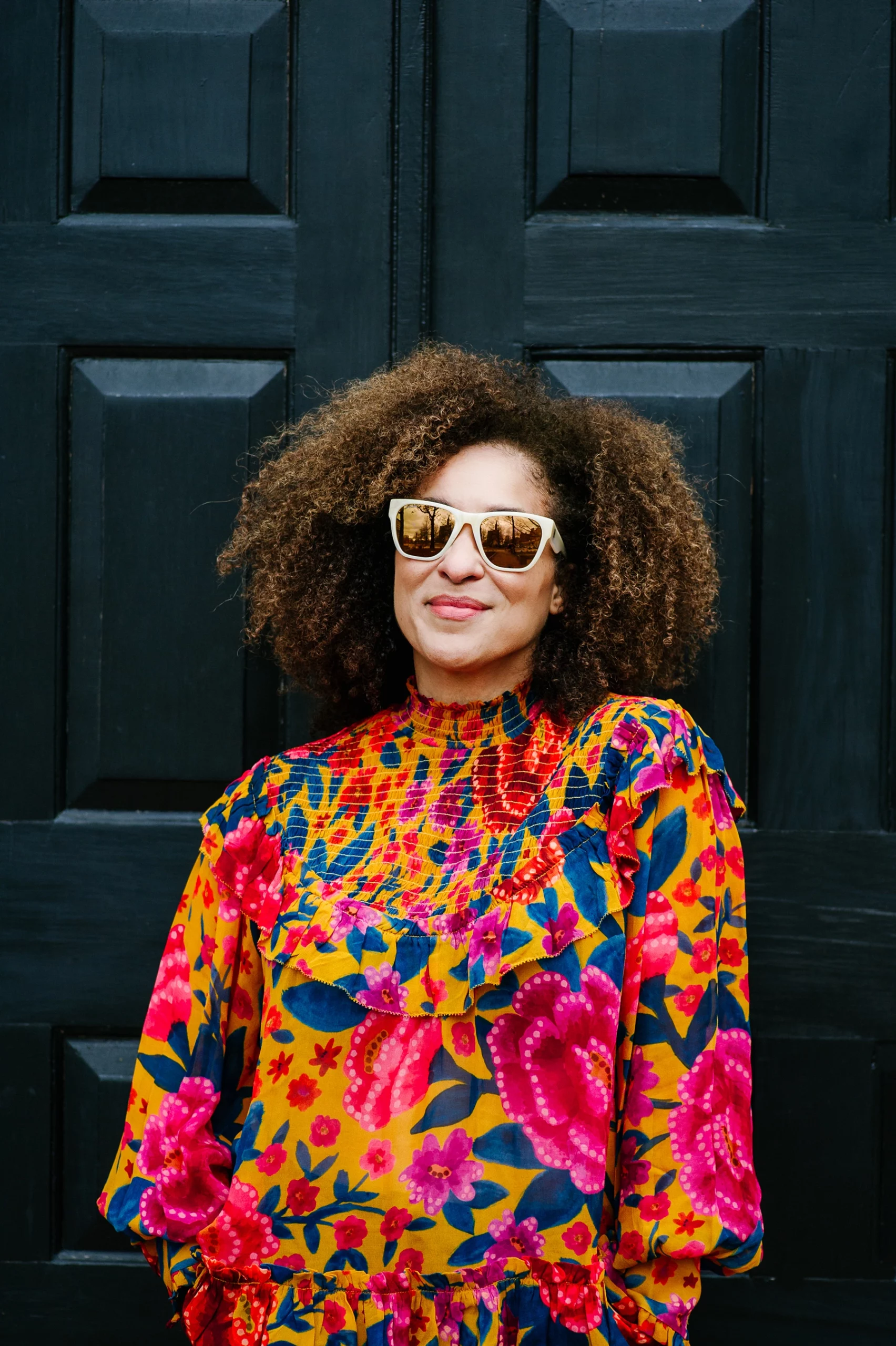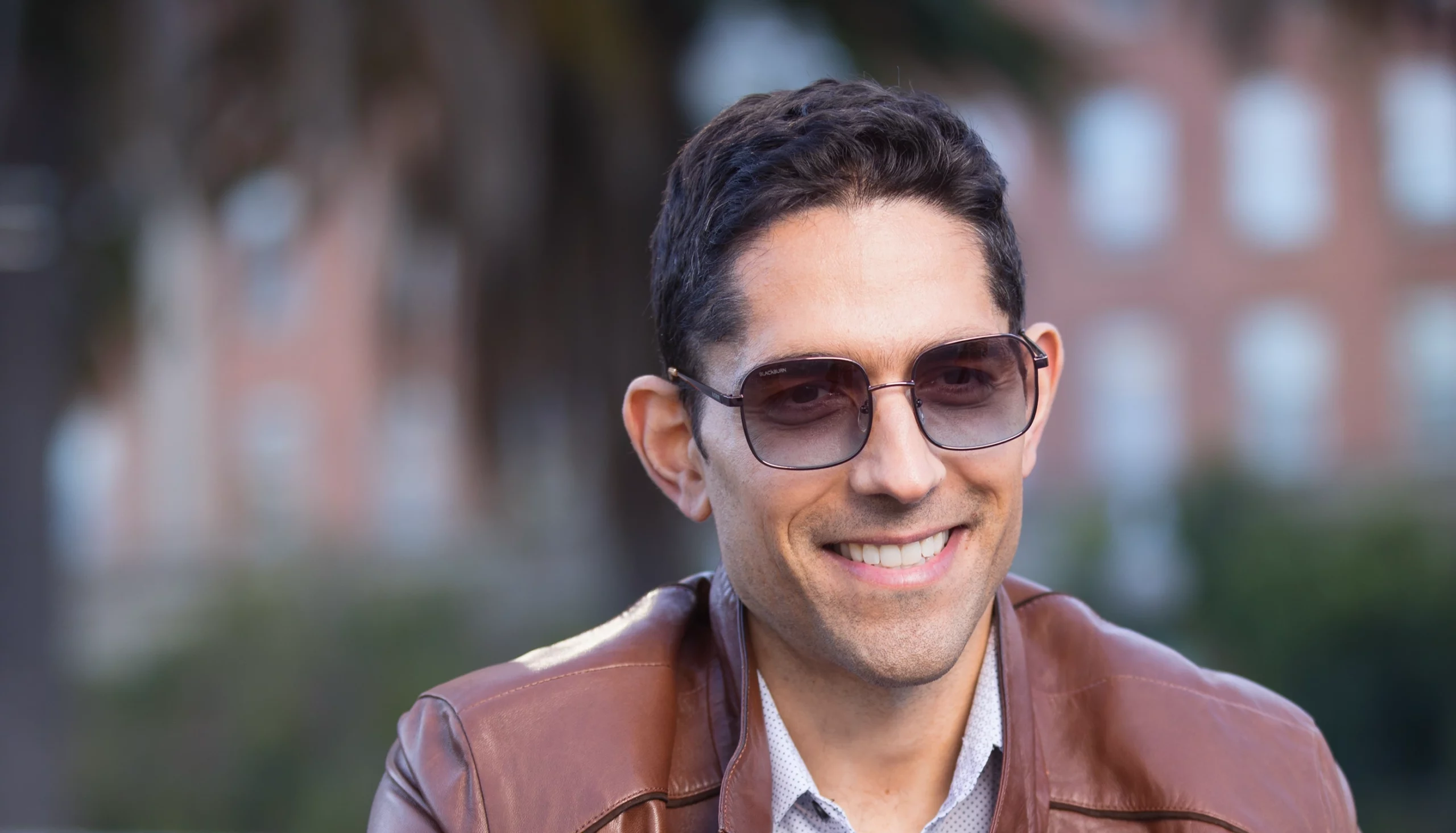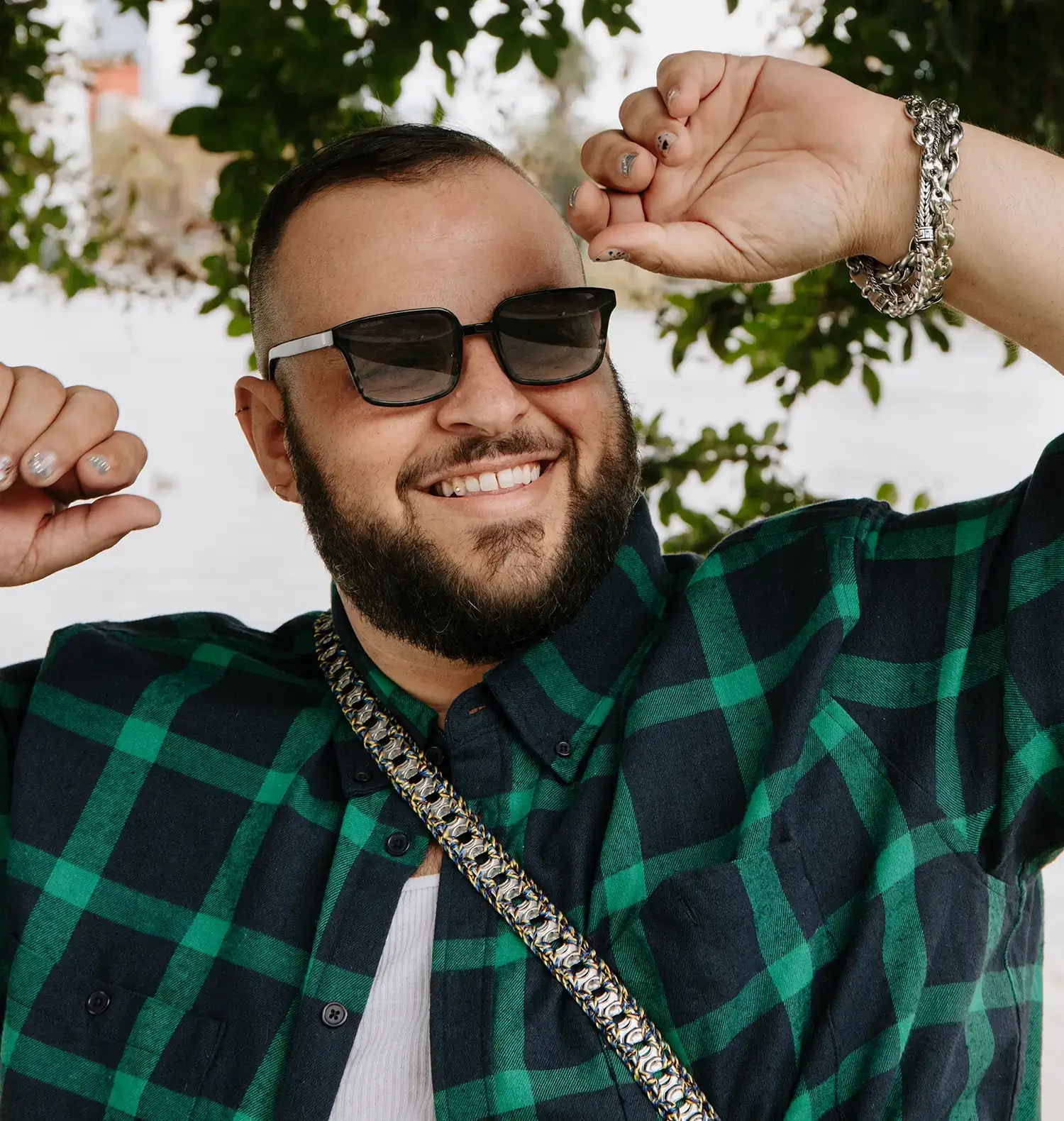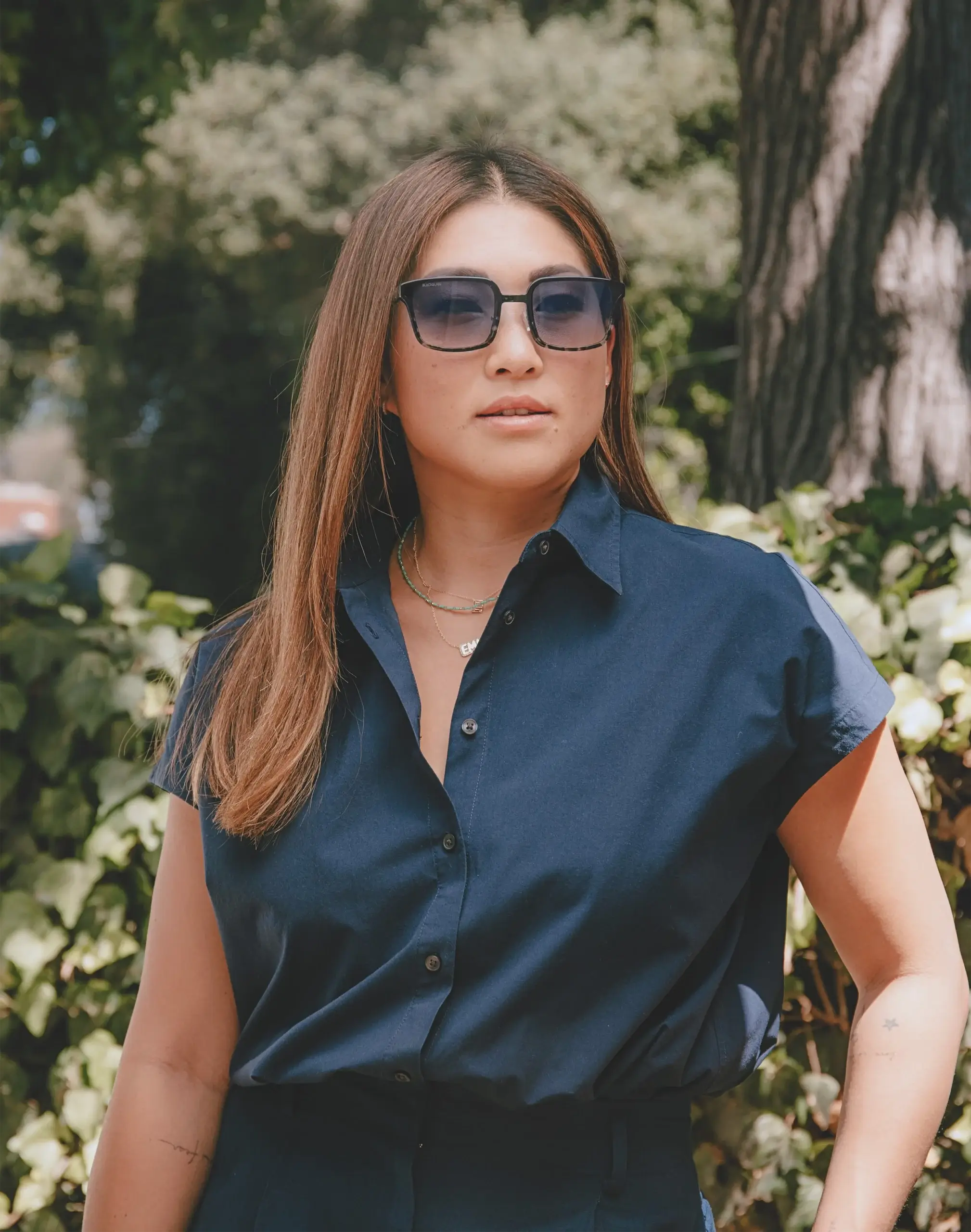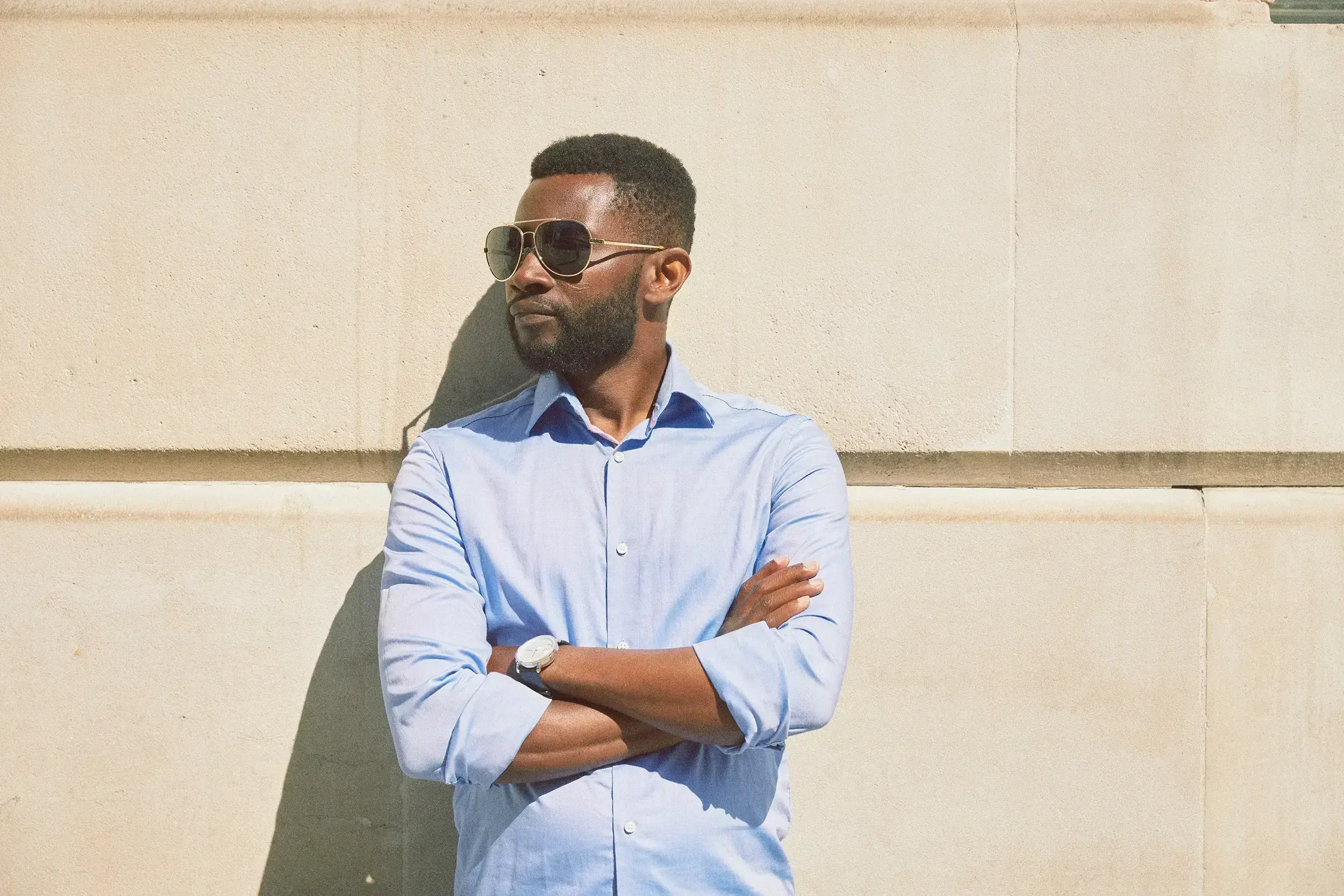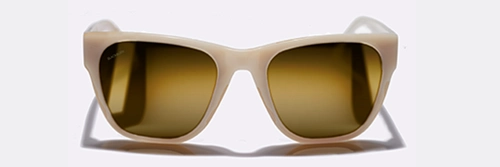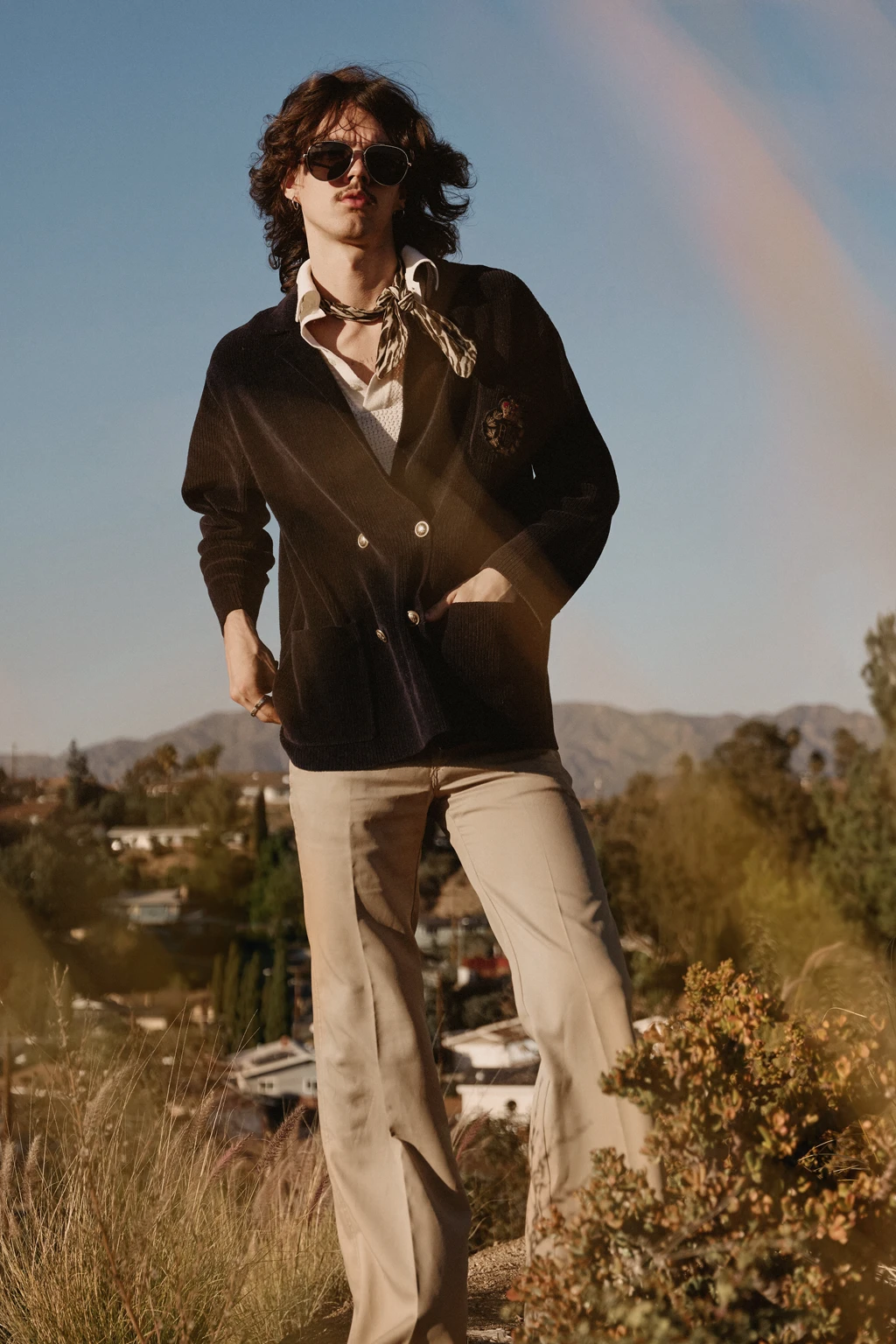From ‘Fresh Prince’ Star to Advocate for Black History: Karyn Parsons’ Journey of Empowerment
February 2024
In celebration of Black History Month, Stephen Cheung of Blackburn hosts a dynamic discussion with Karyn Parsons, renowned for her role as Hilary Banks in “The Fresh Prince of Bel-Air.” Parsons, an influential advocate for Black narratives, founded the Sweet Blackberry Foundation, which creates educational content on African American achievements. Her foundation’s animated films and books are designed to deepen children’s appreciation of Black history, emphasizing resilience and strength.
Hi Karyn, very excited to speak with you about your start in entertainment and how you’ve been a voice for black stories, both as the founder of an incredible foundation and a novelist.
Thanks Stephen, happy to be here!
As a star of ‘The Fresh Prince of Bel-Air’, playing the memorable Hilary Banks, did you anticipate the show’s profound cultural impact at its inception?
I had no idea, first and foremost. That’s the quick answer there. When I got the show, I knew who Will [Smith] was, I knew who DJ Jazzy Jeff and the Fresh Prince were. And the whole rapper-actor on a television show wasn’t really a thing so I didn’t expect it to carry a whole lot of weight. And then of course, you meet Will and he’s ridiculously charming. But Will’s not just any guy either. He’s, as we know, immensely talented, incredibly smart, sharp, and a sponge. So, if he sets his mind out to do something, he’s going to do it. Well, he wanted to be a good actor, so he made that his mission.
What was it like to be in this “studio bubble” while the world started to take a deep interest in the show and the fanbase continued to grow?
It just felt like on Friday nights, we were doing it for that house full of people like a play and it was great, and it was exciting. It was fun. And then bam! It was in the can. It was done. Go off. Let’s go have dinner and drinks and ‘Woo!’ — blow off the week, because we worked hard all week.
Your character, Hilary became quite popular. In today’s world, do you believe the perception of characters like Hilary Banks has evolved, particularly among women, compared to the way they saw her initially?
I was guilty of being very ‘judgy’ of Hilary myself. I enjoyed playing her and I played her from the inside out and I like the way I played her. Hilary just wanted what she wanted. She didn’t shy away from work if she cared about what it was and if it helped her get something else that she wanted. And I think I always kind of wrote her off like a lot of people did, as just superficial and self-centered, and she was. She was. But something that the writers did that was very interesting is they still had her motivated always. There was always an eye on the prize like, ‘I want to do that. I’m going to do that weather-girl job or I’m going to have a talk show.’ And so there was a motivation [behind] it.
I’ve also come to appreciate that she reflects more of the modern woman than the woman of the 90s. I will admit, people change, societies change, and I think Hilary being this unapologetic, driven, beautiful woman is something admirable. She wasn’t somebody who was doing the kind of false modesty or holding back and making herself a little bit smaller because she wants other people to feel strong. She didn’t have time for that. I love that I get these Instagram tags of the Hilary brunches and young women that get together and they dress up like Hilary and they come out with this unapologetic attitude. They’re fierce and they get together and I totally get it because it tells us, ‘Hey, you’re okay. You’re beautiful. You should speak to that. Don’t apologize for that. Don’t make yourself small. Don’t think that you’re not enough.’ I love that.
Photography: Olivia Gird
It’s a strong legacy. After establishing a legacy like that, what inspired your shift to founding a foundation focused on educating children about significant black stories that were otherwise scarce or unavailable?
When I was pregnant with my first child, my mother, who’s a librarian, called me and told me the story of Henry Box Brown, an enslaved man who literally mailed himself to his freedom in a box from Virginia to Philadelphia, Pennsylvania. So then when they crossed state lines, he was no longer enslaved. I was blown away by his story. I couldn’t believe I hadn’t heard a story before, and I couldn’t believe none of my friends had heard it either. And when I was pregnant with my daughter, I started thinking a lot about raising her and teaching her and supplementing her education, wondering what they teach them in schools and what do I want her to know about. And my husband was like, ‘You need to just do something [about this]. This is important’. And that would be the impetus ultimately for my nonprofit organization, Sweet Blackberry.
Speaking of stories, I’m sure you’ve heard of this “book banning” movement. We just started to see an increase in this movement, if you can call it that. The most common books that I know that are being excluded from the population or from teachings are books that address topics like race, mental health, LGBTQ issues etc. I think these are important things that need to be spoken about and taught early, before children have to go on and face them. What is your take on this push to ban books and have you faced any challenges with Sweet Blackberry?
Yeah, well, knock on wood, I’m happy to say that I haven’t received much resistance. [Sweet Blackberry is] talking about people in American history, and I hope people will continue to understand that that’s what these stories are. These are people in American history. They are for all children to know about. They’re not relegated to the shortest month of the year. One thing about these subjects, and you touched on this, is when they’re in the classroom, they get to process these things in the class. They get to be in a safe place to discuss and to find out about these things. Whether its gender or race related, how they’re treated in society or their mental health and the pressures to navigate these things alone, when you’ve got stories about other people that you can feel that empathy for and understand, you can recognize other people’s suffering or difficulties, and you can understand them.
Looking back, were there any historical truths or stories you wish you had learned as a child that might have shaped your understanding differently?
My mom was great with me growing up, but I will say something–and this is not her fault that this happened. I stumbled upon a book in our house that had a picture of a lynching. And I’m talking about the big lynching with the big crowd of people smiling and celebrating with children in there while there’s a black body hanging and burning. I didn’t know what I was looking at. I had no idea and that’s extreme, but I think people need to understand there are real things that have happened in history. There are real things that people are going through right now and these things we need to talk honestly with our kids about these things. Why would we do anything less? Why would anyone want anything less than honesty with their children?
There’s certainly a lot to share. As you continue to explore novel writing, could you give us a sneak peek into any upcoming projects you’re excited about?
I’m working on a YA (Young Adult) novel right now. I can say it’s called Blue Beach, and it takes place in the 1920s at an all-black beach and it’s a little bit of a thriller. It deals with a lot of things that were going on at the time, and I’m learning as I write and I’m getting excited to kind of know that as I write, it will end up becoming part of the world. It’s great for a girl who hated history growing up. I can’t believe I’m in this position and I’m writing history all the time.
I’m excited for the release! Any advice for individuals, especially those who have creative interests but feel as though they’re just another fish in the sea?
[What] is hard for all of us is we’re constantly comparing ourselves to everyone else. And that really gets in our way so much. Remember, there’s never been anyone like you and there will never be anyone like you in all the universe for eternity, so you are you and you just got to lean fully into your authenticity. Everyone wants that, everyone needs that. And if you don’t give it to us, it’ll be gone, and we’ll never have that. And one thing I had to face early, because I was nervous before How High the Moon came out, was how it would be received. And one thing I had to remind myself is, ‘Hey, even if it’s awful, like, what is my choice? My choices are to do it or to not do it. If I do it, yeah, potentially it sucks. Or I say, “I don’t want to suck, so I’m just not going to do it at all.”’ Well, that’s not a choice [for me] so I have to just take a chance that maybe it’ll suck, but that’s okay, then I’ll do something else, and I’ll do a better job.
Try not to compare your journey or yourself, your accomplishments, and how you go about things with other people. It’s hard. But it will liberate us. It frees us up to be truer to ourselves and when we show that side of ourselves, we give permission to other people to shine bright as themselves. You’re not trying to hold up something that’s not yours or that’s heavy and artificial. It’s just you.

